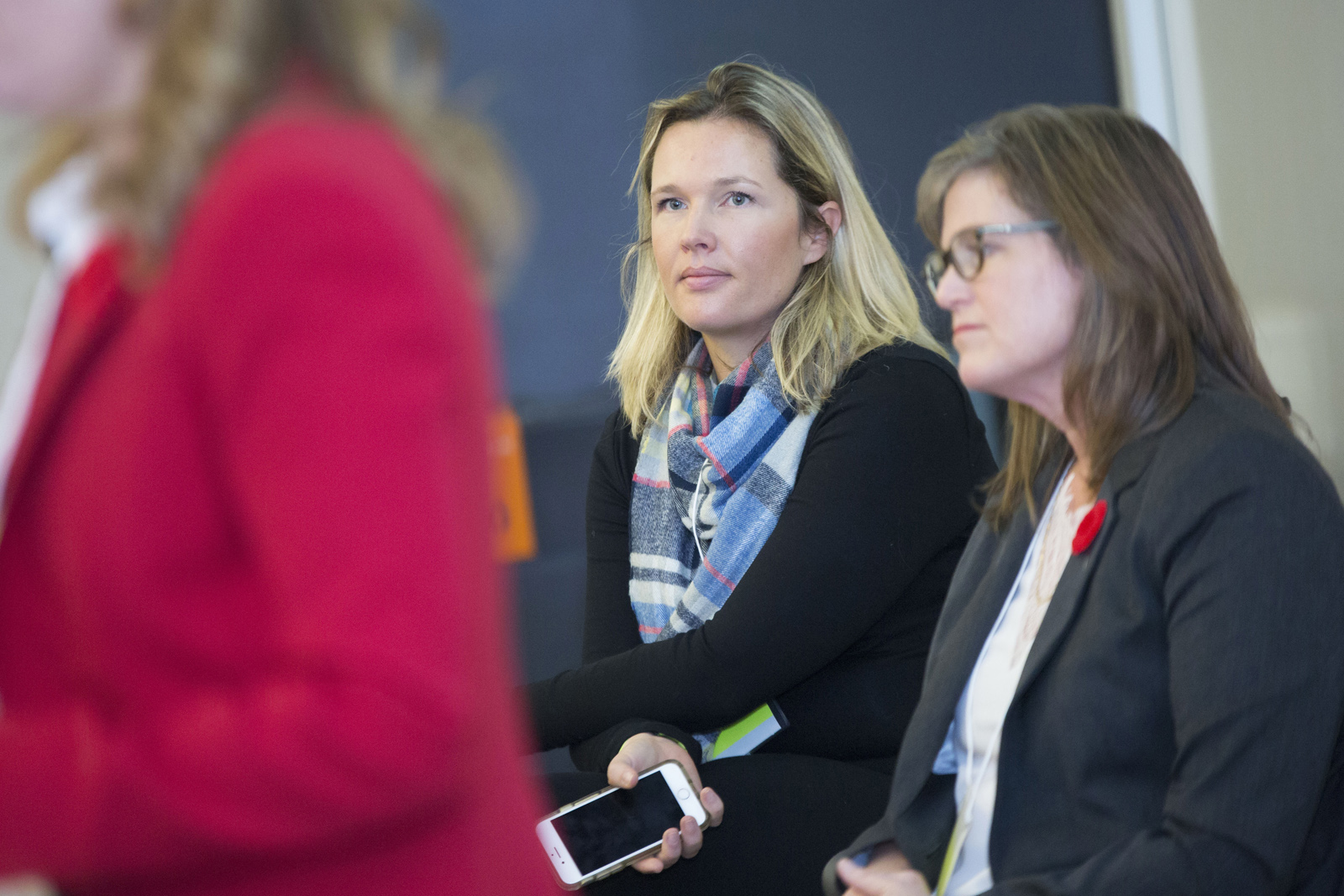Alison's story
A program of self-reflection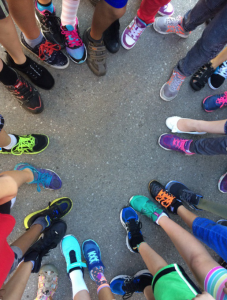
Alison is a grade 4/5 teacher in southern Ontario. She values student voice, and foregrounds meta-cognition and self-assessment in her class. As part of the Measuring What Matters (MWM) field trials, Alison is using the Learning Skills and Work Habits from the Ontario report card to guide students’ monthly self-reflective writing. Alison’s overall goal is that, throughout the year, students develop their ability to think about who they are, their interests, the ambitions they hold for themselves, and how to advocate for teaching and learning that will allow them to be successful.
I use their October, February, and May reflections as writing samples which I include word-for-word on their report cards in addition to my own comment. I believe this promotes an element of student voice and authenticity into the standardized report, and highlights the importance of the student’s ability to see who they are as a student rather than just how I see them. If I am in any position to give advice, I would say that in a classroom of now 32 students, the need to have classroom learning tied directly to reporting is essential.
Handing the competencies to the kids
Using the model Alison calls "Student-led Curriculum Inquiry", she gave the list of Measuring What Matters competencies to her students, who worked in small groups to read through them and discuss what they meant. Armed with an iPad, markers, and chart paper, these groups of 9 and 10 year olds worked domain-by-domain to unpack and re-create the competencies using language and examples that resonated with them. They used the iPads to gather ideas and deepen their understanding.
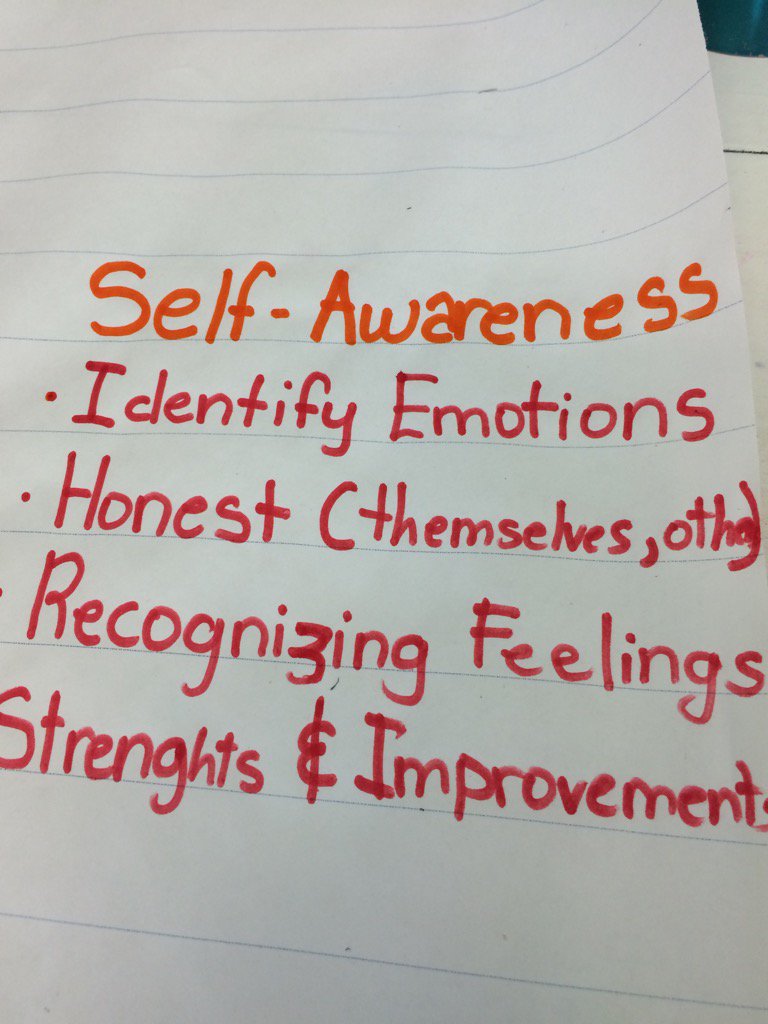
Students decided which bullets were important from the social-emotional learning competencies: "We picked the bullets that meant the most to us - it wasn't all of them though."
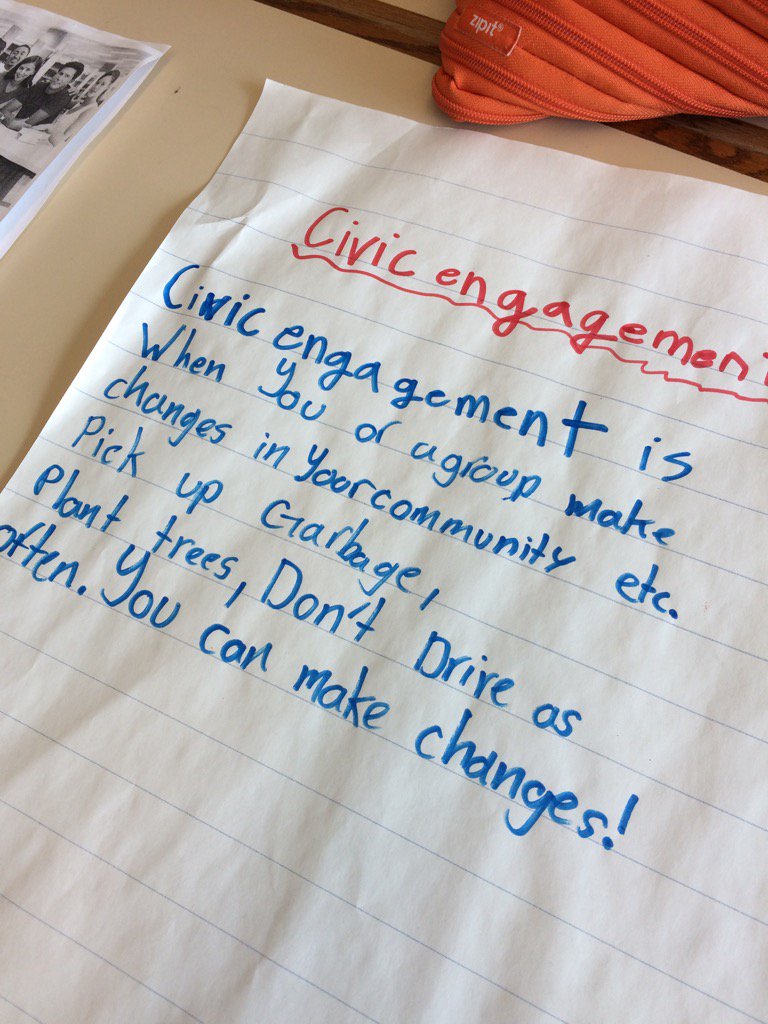
One group reflected on why they chose the citizenship domain: "This was important to us because we made personal connections."
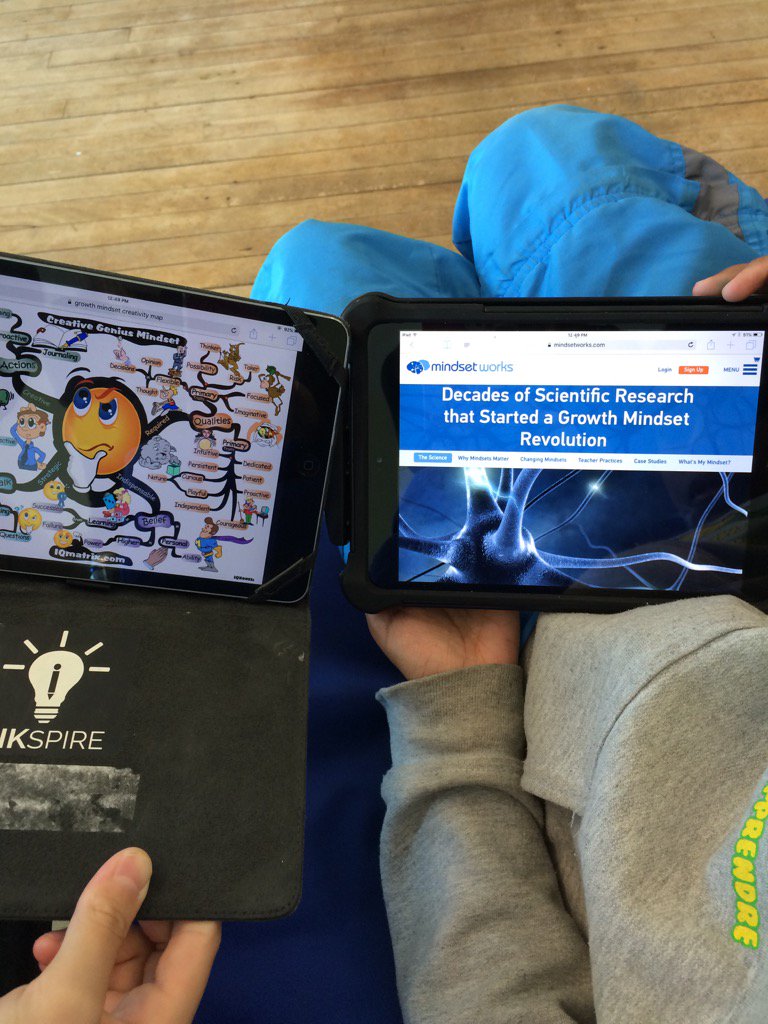
A student was impressed by Dr. Dweck: "Decades of scientific research. This is good. A DOCTOR wrote it."
Reflecting on reflections
Alison found that, with the specificity of the competency language, and with an understanding of what “creativity” or “social-emotional learning” meant in their own words, student self-reflections improved. Students were able to identify areas of learning more specifically using the anchor charts they had jointly created.
The students needed the richness of the MWM framework and the language of the competencies to deepen their understanding. Allowing them to construct the anchor charts got their hands dirty as they mucked through what citizenship and social-emotional learning (as well as the others) meant to them.
Making Connections
Alison presented her findings with other educators who were involved with Measuring What Matters at Making Connections 2017, People for Education’s annual conference.
